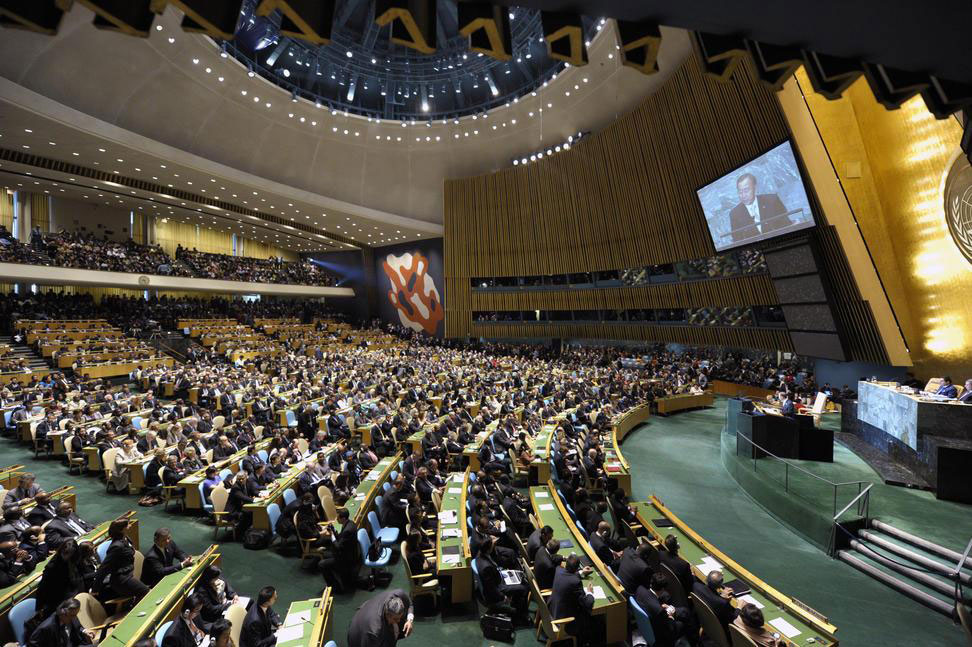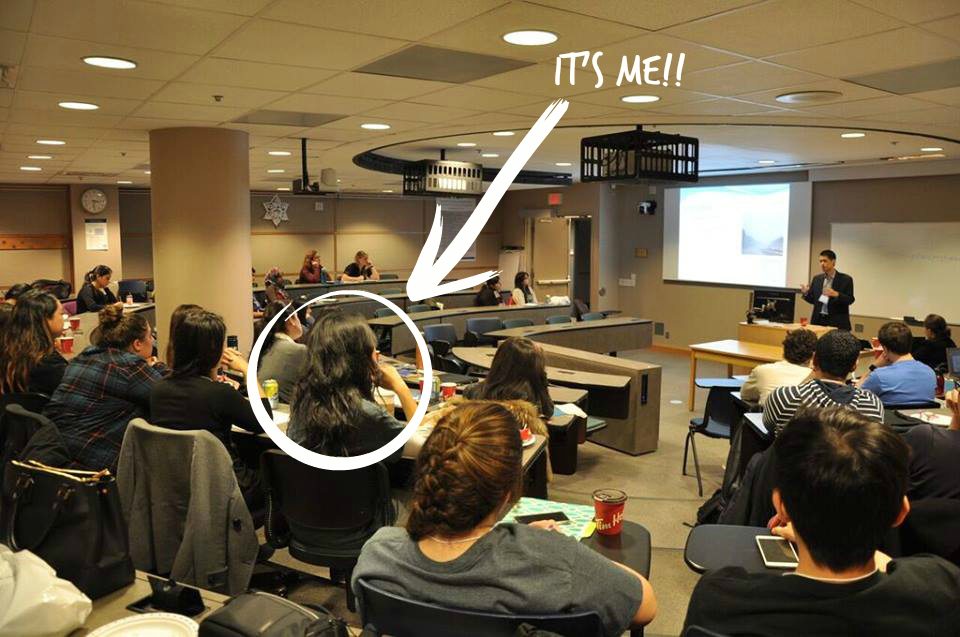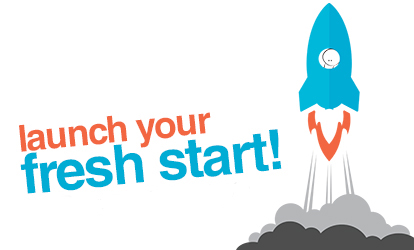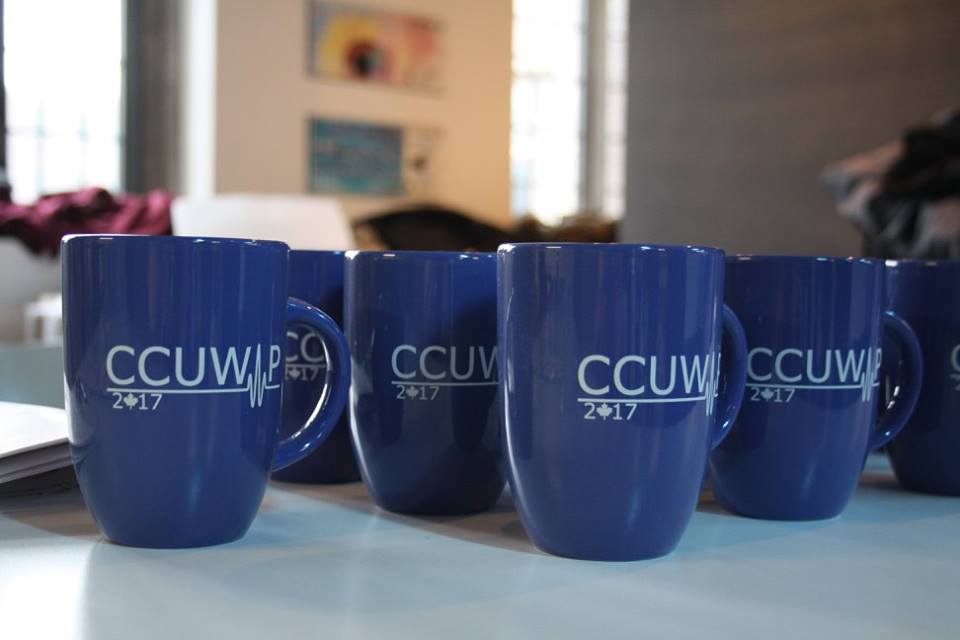Having a Fresh Start
Openness at TEDxUofT 2017
In Which I Attend a Leadership Conference

Career Exploration: My First Conference Experience
Revisiting the World of Social Innovation

The power of student-run conferences and how they’re like mini UN assemblies
Student-run conferences have become a big part of my involvement in campus activities. By “conference,” I refer not to a United Nations-like assembly of prominent politicians in suits but to a much less intimidating form that has really enriched my learning experience.

I’ve participated in a few and have had great experiences with them. Smaller events will often be free while larger events may require a fee that covers food, speakers, or renting out the space. In January, I attended the UTGB Student Leadership Conference where we discussed the impact of international short-term volunteering and the importance of understanding the underlying social and political context of the countries we serve. Just last month, I registered for the Fraser Institute seminar on public policy, which touched upon a range of diverse topics such as Aboriginal title in Canada and free market trade.

There are some cool advantages to attending student conferences - here are some features I personally enjoy:



